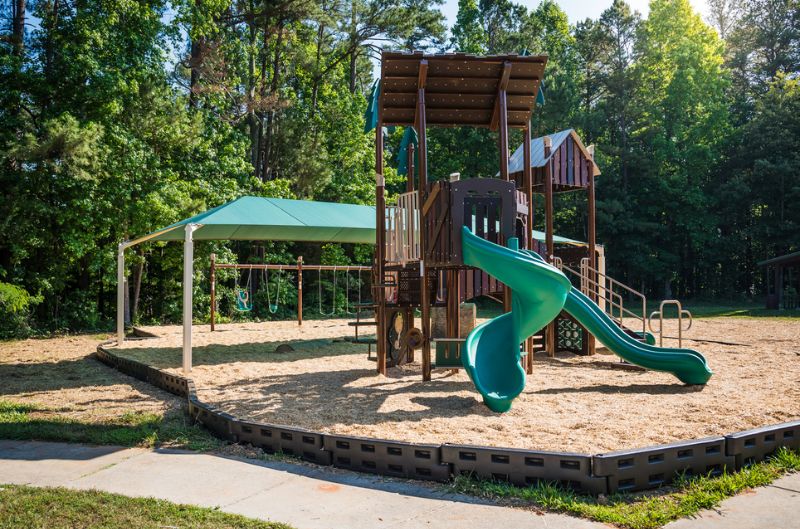
Prevention of Sensory Overload on the Playground
|
|
Author: Austin Stanfel
Playgrounds are a safe space for having fun and adventure. Many of us have early memories of having fun and playing in playgrounds in our childhood. Yet, it is not a fun site for everyone. For many kids, playgrounds experience sensory Overload for the first time.
Different kids are born with different abilities and their Barry from each other. This article has explained every aspect of sensory Overload and how you can help your child prevent it.
Sensory Overload and its Causes
First of all, it is imperative to understand the meaning of sensory Overload. Sensory Overload occurs when a person experiences overstimulation of body senses from the outer environment. Sensory Overload can cause anxiety in kids.
The primary cause of overstimulation of sensory senses is noise, crowd, or overpopulation. Some children experience sensory load during recess. Children feel it is complicated to choose playground equipment while playing with other kids.
How do you know your child is suffering?
Sensory Overload can affect one or even more senses in children at once. When they experience sensory Overload, they can overreact to sensory stimuli such as sound. Some children go through over-sensitive and some through under-sensitive Overload.
But how do you differentiate between over-sensitive and under-sensitive? If your child has the following symptoms, then he is experiencing overly sensitive condition:
- If your child complains that their clothes feel scratchy and itchy
- Complain about light is being too bright for their eyes
- The child is sensitive to sound and think that voices are too loud to tolerate
- The child is sensitive to sound and think that voices are too loud to tolerat Complain about touch stimulus and even complain about the soft touche
- Children experience poor balance and feel clumsy
- Children being too afraid to play on swings
- Show any symptoms of behavior problems
- Children react inferior to sudden touch or movement or sound
If your child shows the following condition, then he is experiencing under the acute condition:
- Children keep moving from one spot to another and can’t sit still
- Feels dizziness while moving or spinning
- Children don’t recognize their personal space
- Trouble sleeping and seeking visual stimulus
- Children keep moving from one spot to another and can’t sit still
How to Prevent Sensory Overload in the Playground?
The most crucial thing you can add to your child’s life is a sensory diet. A list of various activities to help the child deal with an individual’s sensory needs is known as a sensory diet.
The main aim of a sensory diet is to understand the child’s profile and requirements, and activities are planned according to it. Playgrounds should be designed to help children in sensory relief.
There should be an area specially designed with soothing space and activities for these kids. Children will learn self-regulation, balance, and confidence in kids through activities that do not trigger the sensory senses of kids.
Conclusion
Children go through many sensory processing disorders during childhood, but it doesn’t mean that they are prone to the playground. Children can still have fun and adventure in playgrounds. All they need is special care and extraordinary preventive measures.


